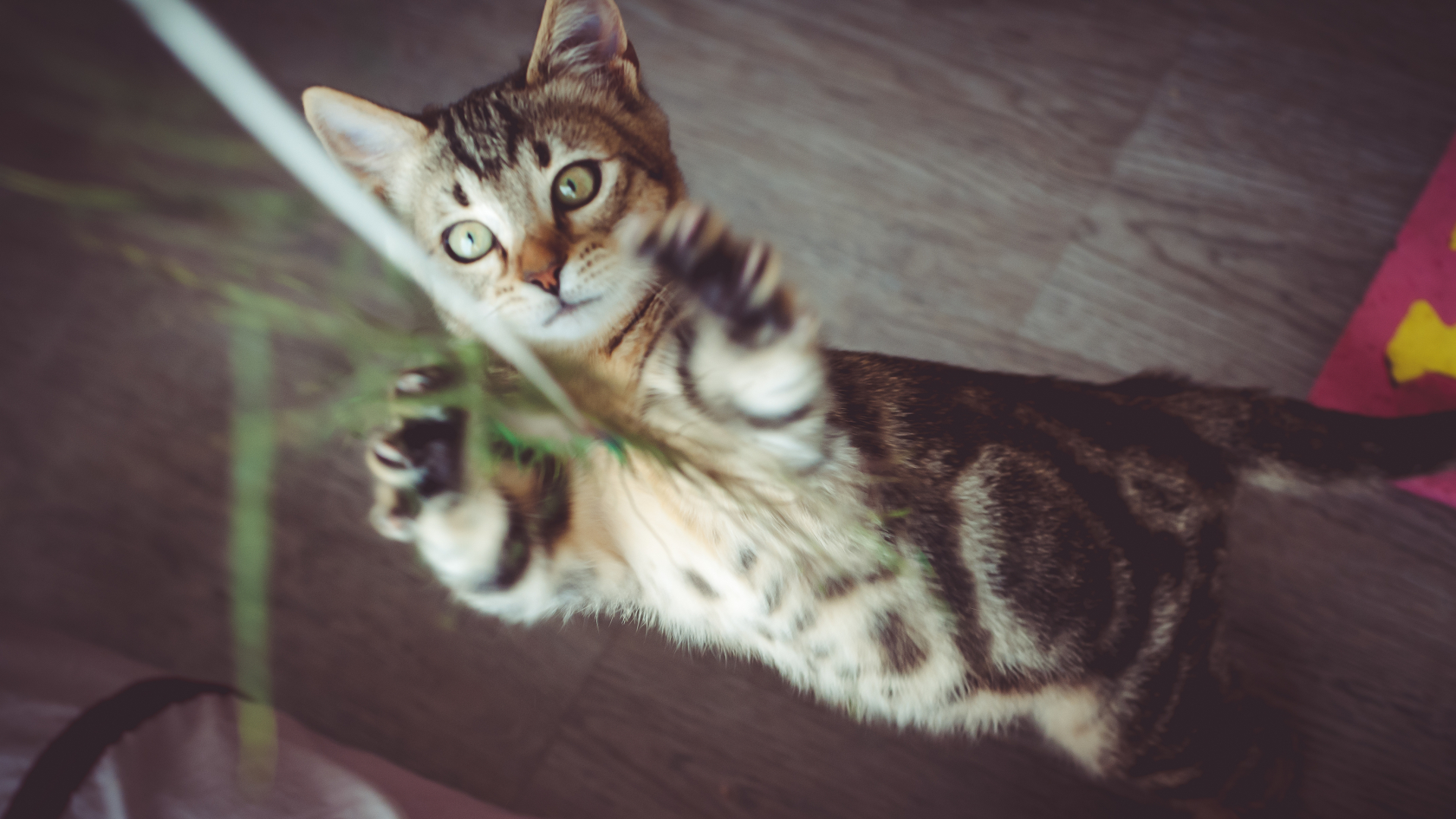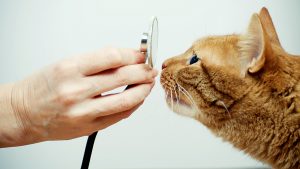Extra heart vibrations that are produced as a result of a disturbance in the blood flow – enough, in fact, to produce audible noise – are referred to as murmurs. Often, the murmurs are classified according to a variety of characteristics, including their timing. Systolic murmurs, for example, occur when the heart muscle contracts; diastolic murmurs occur when the heart muscle relaxes between beats; and continuous and to-and-fro murmurs occur throughout all or most of the cardiac cycle.
Symptoms and Types
The symptoms associated with murmurs depend on a variety of characteristics, including their grade, configuration, and location. If, however, the murmur is associated with structural heart disease, your cat may display signs of congestive heart failure such as coughing, weakness, or exercise intolerance.
Grading Scale for Murmurs
Configuration
Causes
Murmurs are caused by the following:
More specifically, the following are some conditions and diseases that may bring on murmurs:
Systolic Murmurs
Continuous or To-and-Fro Murmurs
Diastolic Murmurs
Diagnosis
In order to determine exactly what is causing the symptoms, your veterinarian must differentiate between a wide range of abnormal heart sounds — split sounds, ejection sounds, gallop rhythms, and clicks, for example. He or she also must differentiate between abnormal lung and heart sounds, and listen to see if timing of abnormal sound is correlated with respiration or heartbeat.
The location and radiation of the murmur, as well as the timing during cardiac cycle, is another way to determine the underlying cause. This can be accomplished by conducting a variety of tests, including chest X-rays, Doppler studies, and echocardiography. A complete blood count, meanwhile, is one of the preferred methods for confirming anemic murmurs.
Treatment
Unless heart failure is evident, your cat will be treated as an outpatient. The course of treatment will be determined based on the associated clinical signs. Kittens with low grade murmurs, for example, may require little or no treatment and the murmur may resolve itself within six months. Routine diagnostic imaging is recommended for cats with murmurs.








